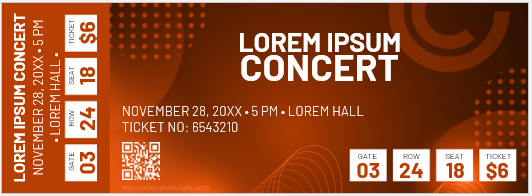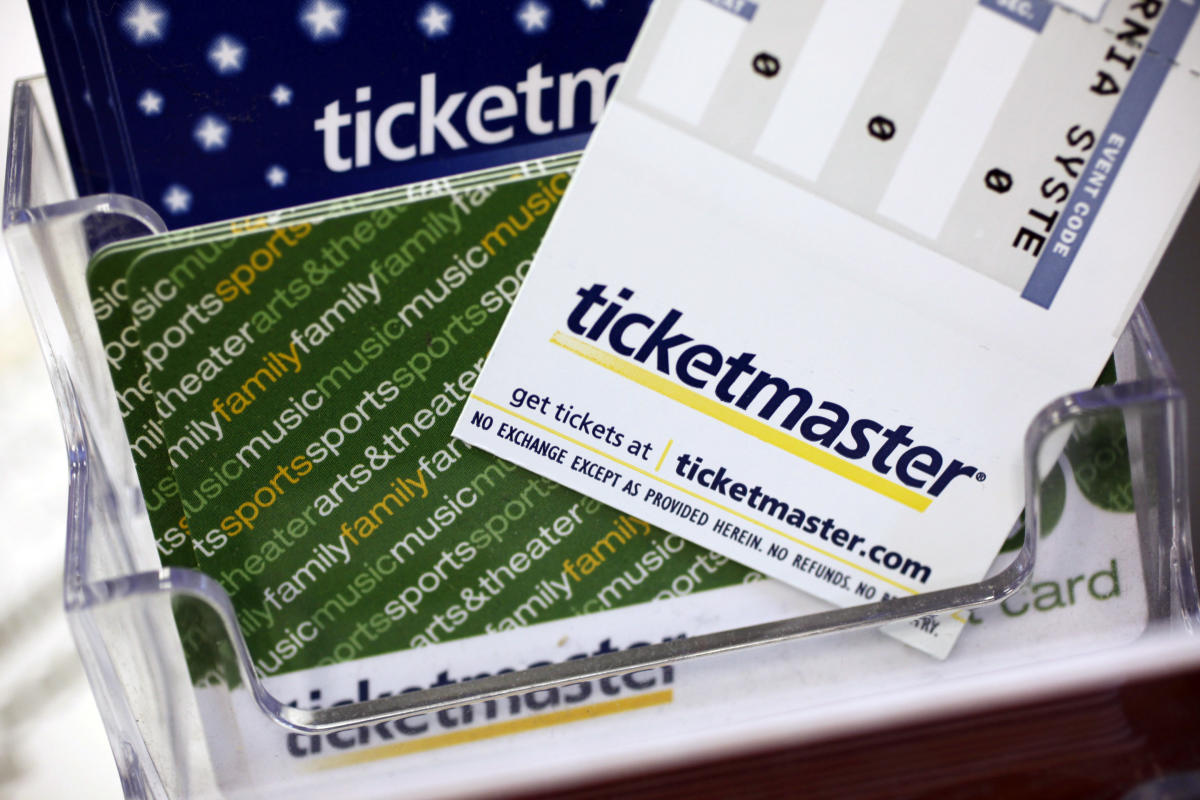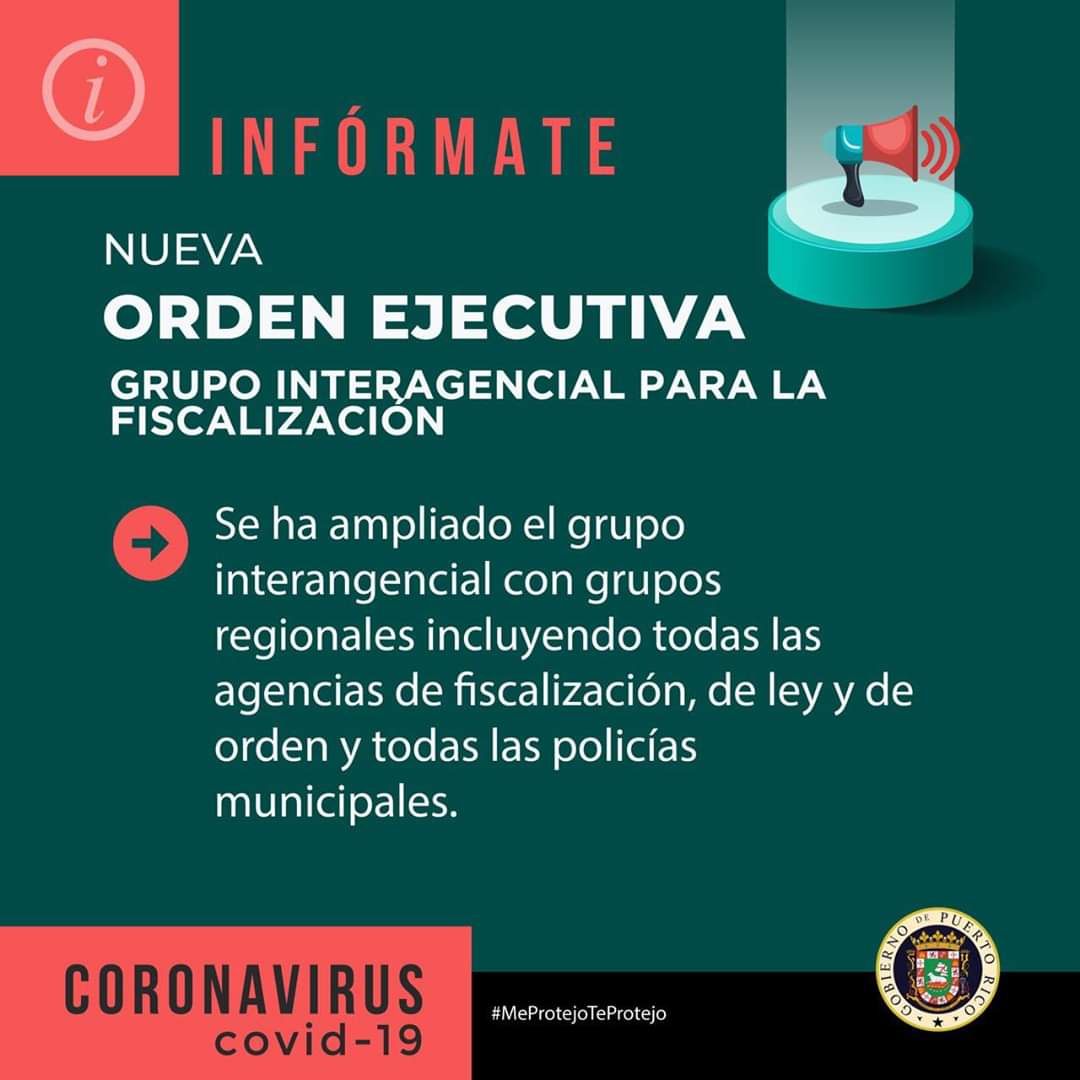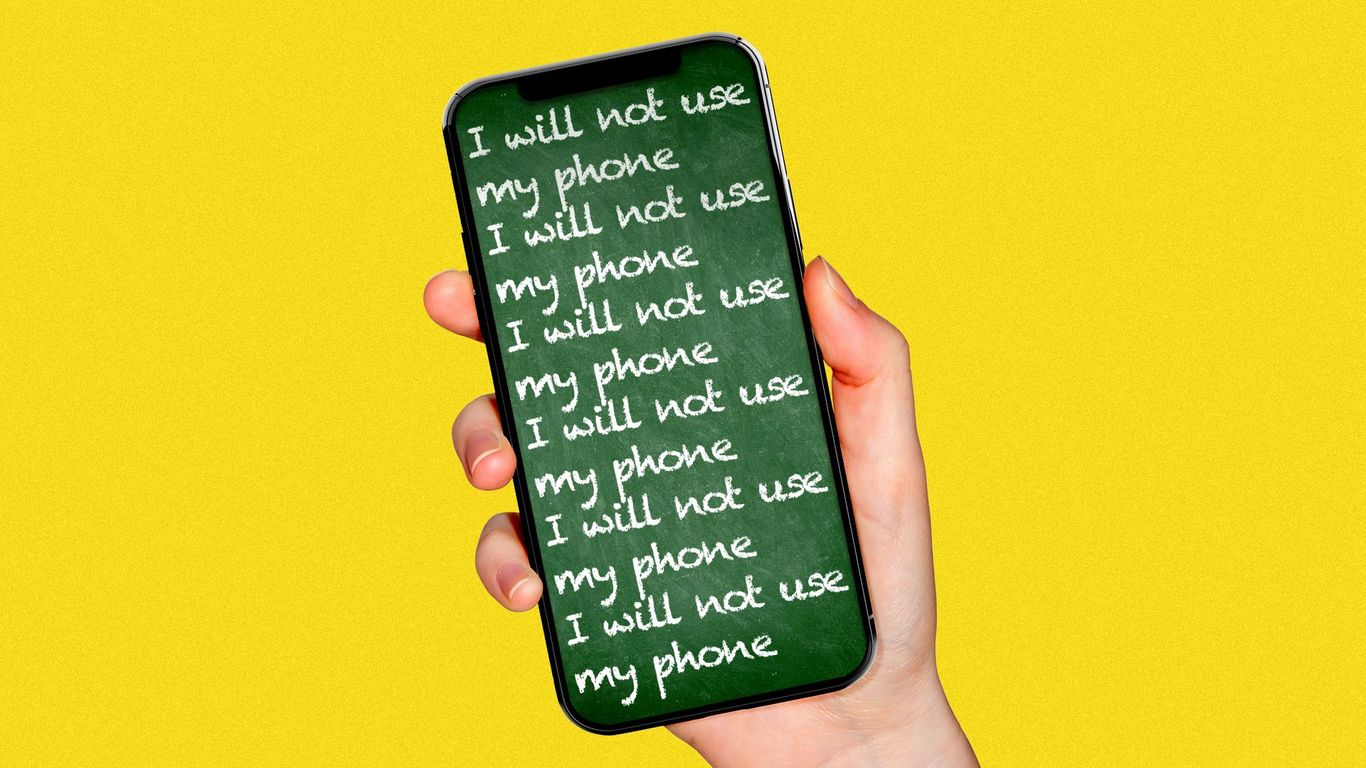Ticketmaster Warning: Fake Ticket Sellers Costing Punters Thousands

Table of Contents
Identifying Fake Ticketmaster Ticket Sellers
Common Tactics Used by Scammers
Scammers employ various deceptive tactics to trick unsuspecting buyers into purchasing counterfeit tickets. These include:
- Phishing Emails: These emails often mimic official Ticketmaster communications, urging immediate action and containing links to fraudulent websites. They might claim your order is incomplete or offer "exclusive" deals.
- Fake Websites: Scammers create websites that closely resemble the official Ticketmaster site, but with subtle differences in the URL or design. They often use similar logos and branding to deceive users.
- Social Media Scams: Beware of individuals or groups selling tickets on platforms like Facebook, Instagram, or Twitter. They may offer tickets at significantly lower prices than the official site.
- Inflated Prices on Secondary Markets: While reputable resale markets exist, many scammers inflate prices on platforms like Craigslist or eBay, promising genuine tickets but delivering fakes or nothing at all. They often leverage the fear of missing out (FOMO) to pressure victims into a quick purchase.
For example, a fake website might use a URL like "ticketmaster-official.com" instead of the genuine "ticketmaster.com." A phishing email might include urgent language such as, "Your Ticketmaster order requires immediate attention! Click here to avoid cancellation!"
Red Flags to Watch Out For
Several red flags can help you identify potentially fraudulent ticket sellers:
- Unusually Low Prices: If a deal seems too good to be true, it probably is. Legitimate tickets rarely sell for significantly less than their face value, especially close to the event date.
- Payment Methods Outside of Secure Platforms: Avoid using methods like wire transfers, Western Union, or cash. Stick to secure online payment systems like PayPal or credit cards that offer buyer protection.
- Poor Website Design: Fake websites often have poor design, grammatical errors, or unprofessional layouts.
- Lack of Customer Service Contact Information: Legitimate sellers will provide clear contact information for customer support. If you cannot easily find a way to contact the seller, be wary.
- Suspicious URLs: Carefully check the URL of any website before entering your personal information. Look for misspellings or unusual domain extensions. The presence of an SSL certificate (indicated by a padlock icon in the browser address bar) is a positive sign but not a guarantee of legitimacy.
Protecting Yourself from Fake Ticketmaster Ticket Scams
Buying Tickets Directly from Ticketmaster
The safest way to avoid counterfeit tickets is to purchase directly from the official Ticketmaster website (). Ticketmaster offers buyer protection policies, guaranteeing the authenticity of tickets purchased through their official channels. You can verify a Ticketmaster ticket's authenticity by checking the ticket barcode against the Ticketmaster website, usually via your account.
Using Reputable Resale Marketplaces (with caution)
While sites like StubHub and SeatGeek offer buyer protection programs and generally vet sellers, they still carry risk. Always compare prices across multiple platforms, check seller ratings and reviews carefully, and understand the resale marketplace's refund policies before making a purchase. Remember that even with reputable resellers, there's a small chance of encountering issues.
Safe Payment Methods
Always use secure payment gateways offered by reputable platforms like PayPal or your credit card company. Avoid less secure options like wire transfers or cash, as these offer little to no buyer protection. Credit cards frequently offer chargeback protection if you receive fraudulent tickets. While PayPal offers buyer protection, remember it has limitations and requires proper documentation of the scam.
What to Do if You’ve Been Scammed
Reporting the Scam
If you suspect you've been scammed, act quickly:
- Report to Ticketmaster: Contact Ticketmaster's customer support immediately to report the fraudulent seller.
- Report to Authorities: File a report with your local police department and the Federal Trade Commission (FTC) at .
- Contact Your Bank/Credit Card Company: Immediately dispute any fraudulent charges with your bank or credit card company. Provide them with all relevant documentation. Keep detailed records of all communication and transactions.
Recovering Your Losses
Recovering your losses after a ticket scam can be challenging. Disputing charges with your credit card company or PayPal is your best option, but success is not guaranteed. Buyer protection programs have limitations and often require substantial evidence of fraud. Unfortunately, in many cases, recovering the full amount of money lost is difficult.
Conclusion
The dangers of purchasing fake Ticketmaster tickets are real and can result in significant financial losses and disappointment. Counterfeit tickets, fraudulent ticket sellers, and avoiding fake tickets are all issues to be mindful of. Don't become another victim of fake Ticketmaster ticket sellers! Always buy your tickets directly from Ticketmaster or a trusted, verified reseller to ensure a safe and enjoyable event. Remember to be vigilant, check for red flags, and utilize secure payment methods to protect yourself from these scams.

Featured Posts
-
 Upcoming Air Jordan Releases June 2025 Preview And Buying Guide
May 30, 2025
Upcoming Air Jordan Releases June 2025 Preview And Buying Guide
May 30, 2025 -
 Impact Of Social Media Censorship Us Tightens Visa Rules
May 30, 2025
Impact Of Social Media Censorship Us Tightens Visa Rules
May 30, 2025 -
 Ticketmaster Aclara Sus Politicas De Precios De Boletos
May 30, 2025
Ticketmaster Aclara Sus Politicas De Precios De Boletos
May 30, 2025 -
 Trump Contra Ticketmaster Nueva Orden Ejecutiva Para Regular La Reventa De Entradas
May 30, 2025
Trump Contra Ticketmaster Nueva Orden Ejecutiva Para Regular La Reventa De Entradas
May 30, 2025 -
 Iowa Enacts Legislation Limiting Cell Phone Use On School Grounds
May 30, 2025
Iowa Enacts Legislation Limiting Cell Phone Use On School Grounds
May 30, 2025
